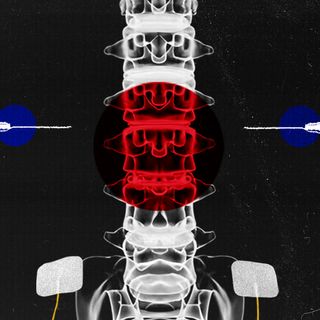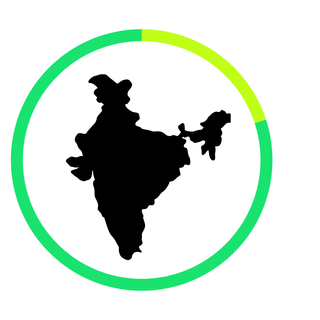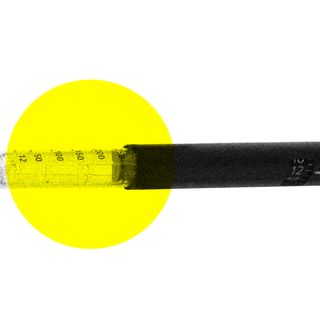More than 70% of callers to India’s national mental health helpline, KIRAN, since its launch, have been men, a new report states.
Launched in September 2020 by the India’s Social Justice and Empowerment Ministry, the 24/7 toll-free mental health rehabilitation was immediately made available in 13 Indian languages. Providing psychological support, distress management, and psychological crisis management, the helpline received 15,170 calls until January 31.
The Ministry has published an internal report on the trends it observed since the launch of the helpline. It notes that most of the callers were aged between 15 to 40 years, with less than a fifth of them aged between 41 to 60. The nature of distress ranged from mild to severe among callers, but anxiety and depression were, overall, the biggest concerns reported by most. Other concerns “included pandemic-related challenges, suicidal tendency, substance abuse…,” the report said.
The report also states that the majority of the callers were men. Research suggests that stigma is one of the main reasons why men don’t seek help for mental health issues. In addition, “a lot of guys don’t want to admit they have this problem. They still see depression as a sign of weakness,” Dr. Raymond Hobbs, a consultant physician from Michigan in the U.S., explained. Experts note that toxic ideals of masculinity not only prevent men from seeking or getting help, but are often at the root of mental health disorders among men too — by forcing them to adhere to “unrealistic and unattainable” norms, putting them at risk for stress and depression.
Related on The Swaddle:
SC Notice Asks Indian Insurance Regulatory Body Why There Is Still No Coverage for Mental Health
Keeping the stigma around mental health in mind, the KIRAN helpline was designed to encourage people to ask for help. “Due to the stigma around it, mental health patients do not feel comfortable seeking help. Keeping this in mind the identities of people calling the helpline will be kept anonymous,” Probodh Seth, joint secretary at Department of Empowerment of Persons with Disabilities that developed the helpline, had told The Print. And it appears to have made it easier for at least some men to seek help.
In the absence of treatment, mental health disorders can have serious, and often irreversible, ramifications for men. “Without it, depression can lead to serious consequences, such as trying to self-medicate with drugs or alcohol, or worse — suicide,” Nicole Greene, deputy director at the Office on Women’s Health in the U.S., wrote, adding suicide rates there were four times higher for men. In India, too, research indicates significantly higher suicide rates among men.
The present report by the Ministry also notes that 32% of the callers were students, who reported experiencing anxiety and depression due to uncertainty about the future, as well as social isolation, under lockdown. Given that India has one of the highest suicide rates for students globally — with one student committing suicide every hour in India — the fact that they’re finally seeking help, provides hope of curbing the numbers.
With 56 million people in India suffering from depression, and 38 million from anxiety disorders, “India does not simply have a mental health challenge… it is facing a possible mental health epidemic,” President Ram Nath Kovind had said in 2017. At present, while the crisis is amplified due to the global pandemic, men reaching out for help suggests a positive development in the direction of addressing mental health issues in India.
Call the toll-free KIRAN helpline at 1800-599-0019 and the Union Health Ministry Helpline at #080-46110007.




